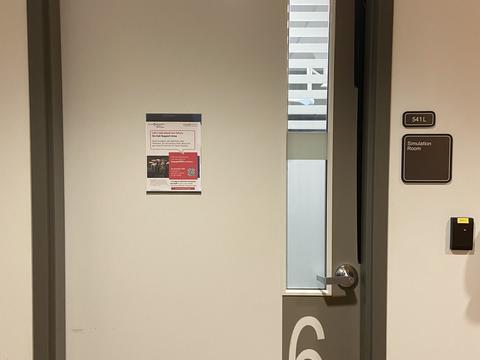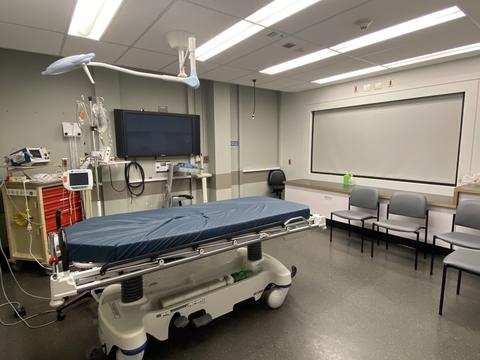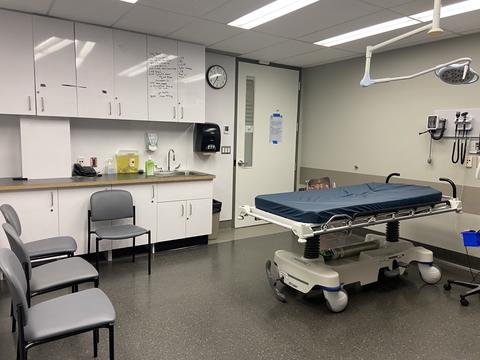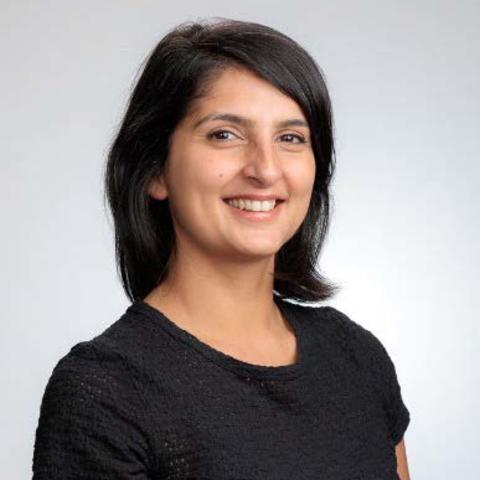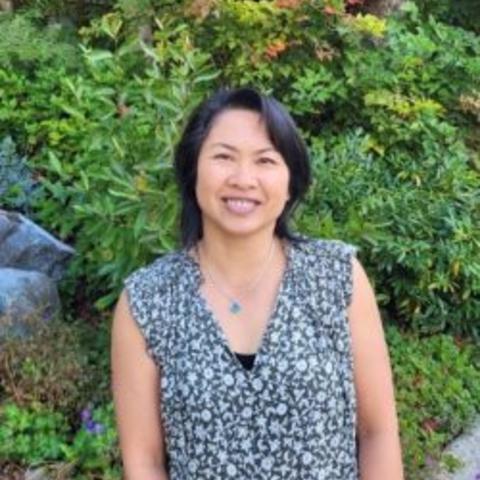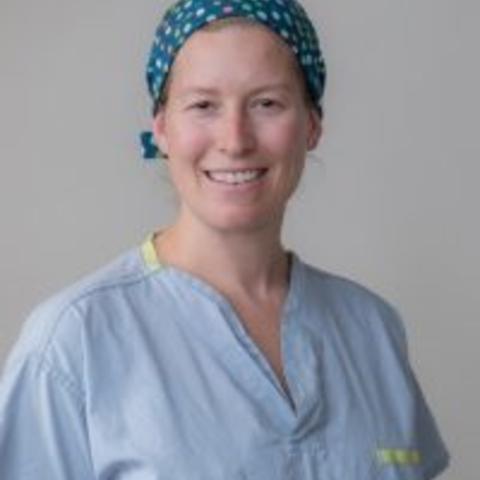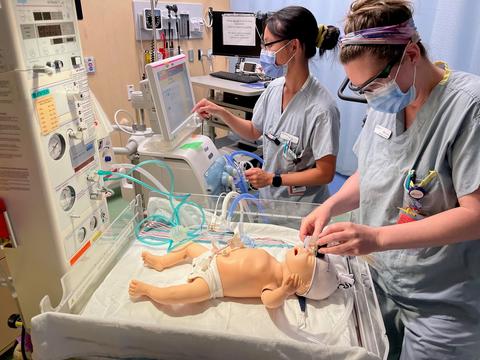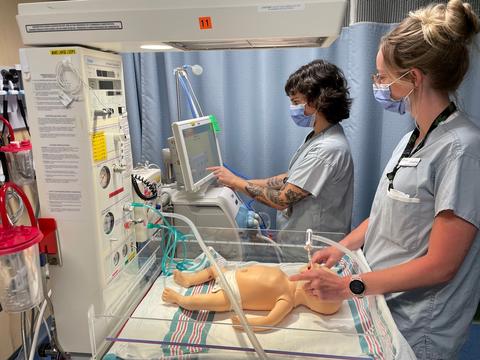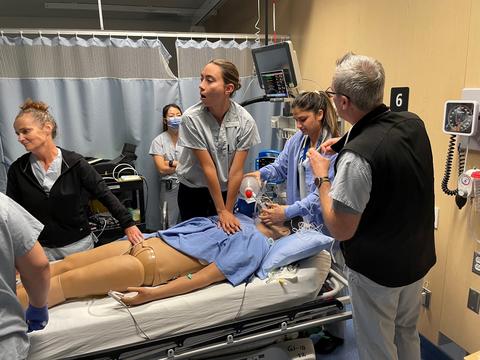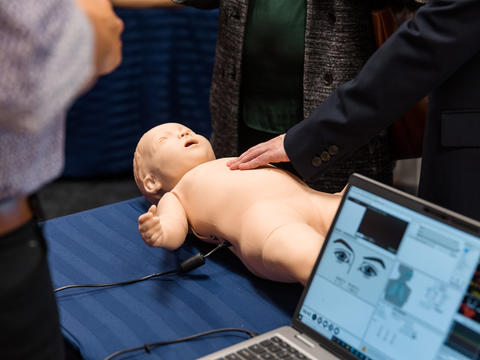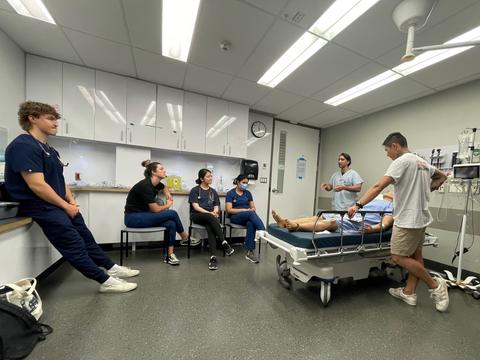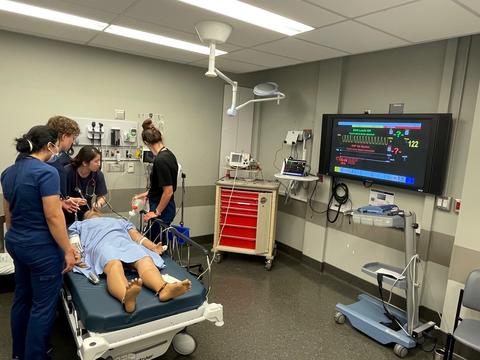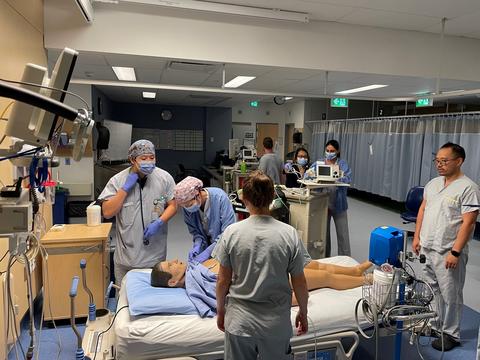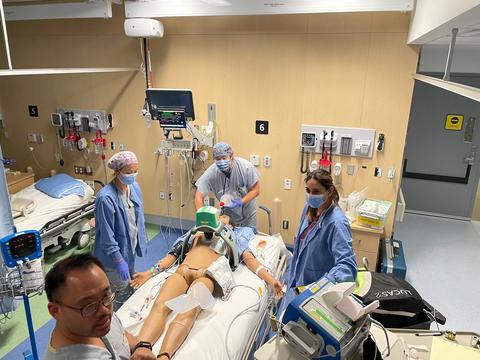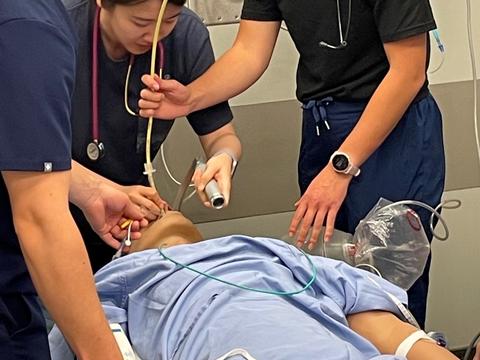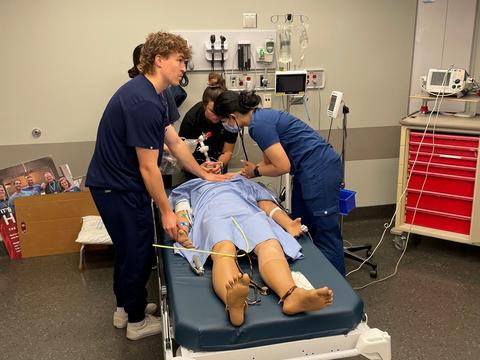Simulation program
The simulation program at Providence Health Care is dedicated to providing a variety of opportunities for our staff and students to practice their professional skills in a safe environment.
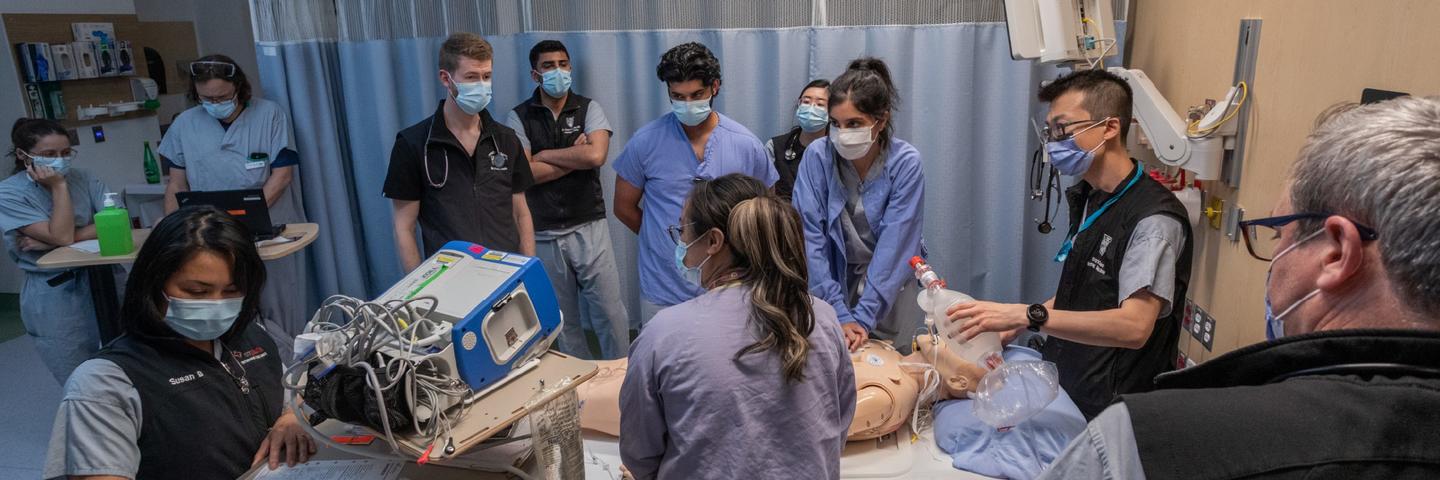
We employ translational simulation, focused on health care providers and health care systems, to ensure excellent patient care through simulation education, research, and innovation.
Manikins
Book a SIM
- Click the “Book a simulation” link below to access the Providence Health Care Simulation Google sheet.
- Fill out all necessary information regarding your simulation
- Note: When inputting start and end times, keep in mind potential preparation time for facilitators, participants, and for John to travel, transport, and set up.
- Tip: If you’re unsure, John generally recommends ~1 hour for set up.
- Once booked, email John and wait for a confirmation reply.
- After the simulation is booked and confirmed, please email John as soon as possible if any updates/changes occur to the information inputted in the Google sheet (including cancellations).
It is now mandatory to fill in the Simulation Learner Sign-in Sheet to record attendance for every session. This is the educator/facilitators responsibility. Please hand it back to John once completed.
If you are a physician conducting the simulation and qualify for reimbursement, please use Physician Reimbursement Sheet as well.
Book the clinical skills lab
There is a clinical skills lab (Room 541L) available for booking on the 5th floor, Burrard Building at St. Paul’s Hospital.
To book the lab, please email Melvin Madu.
Funding for physician participation in simulation
Simulation resources
Data collection & feedback
Contact
Meet the team
News & stories
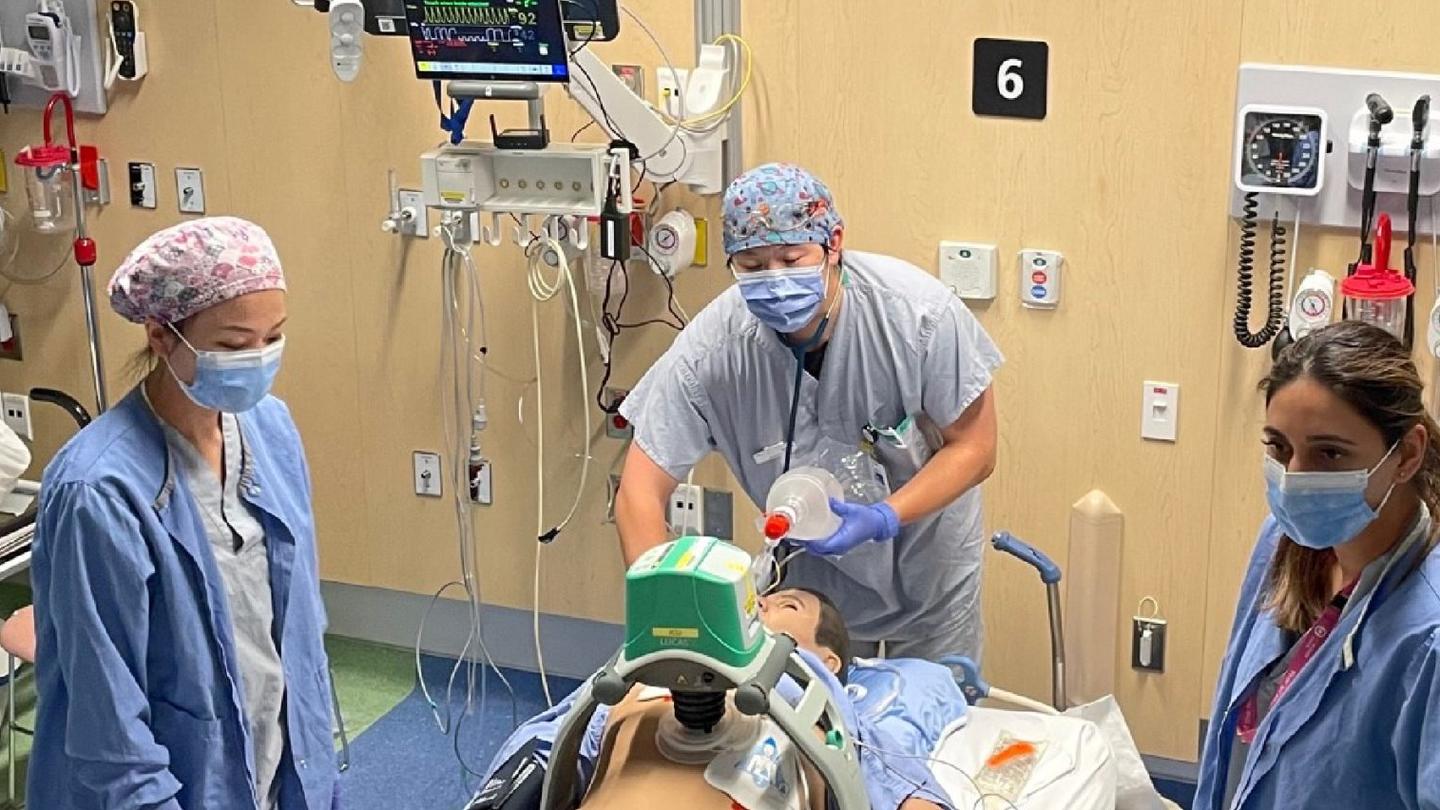
Read the latest stories about the Simulation program.
Support us
The Providence Simulation Resources Team is looking to expand, solidify, and facilitate an essential clinical translational simulation program across medical disciplines at St. Paul’s Hospital.
This program will focus on in-situation clinical simulation that will help address the unique needs of St. Paul’s patients. From supporting the Emergency team in responding to a cardiac event to changing how we serve patients during a pandemic, simulation empowers our staff with the tools they need for continuous improvement.
It will directly help to advance patient safety; reduce clinician burnout; and support research and innovation efforts around clinical work flows. The program will be built using industry standard simulation equipment, clinical program resources, and outcome-based learning modules.
Donations to the Simulation Resources Team are gratefully accepted and will enable us to continue to provide the best possible patient care. To make a gift or for more information about how your contribution can make a difference, please visit the St. Paul’s Foundation website or contact Shellina Lakhdhir, Director, Major Gifts - Transformation, St. Paul’s Foundation, at 604-780-5804 or slakhdhir@providencehealth.bc.ca
Gallery
As someone who works in remote communities, Sim training is invaluable. I get to make mistakes in a safe setting where no one gets hurt, and I bring that learning to my work. So often I’m encountering clinical scenarios I haven’t yet addressed in real life but I have practiced in Sim. With the help of St Paul’s Sim program, I am building a Sim program for the UBC Family Medicine Indigenous Site, to offer residents who work in remote Indigenous communities the opportunity to build their skills, teamwork, knowledge and confidence. I strongly believe Sim training gives doctors the confidence to do rural and remote work, who might not otherwise consider it.
Mary Koziol, MD CCFP, Primary Care Physician, Carrier Sekani Family Services
Last reviewed: January 29, 2025
